Due diligence in the arms sector: Possible implications of the EU Corporate Sustainability Due Diligence Directive

The EU Corporate Sustainability Due Diligence Directive (CSDDD), adopted in June 2024, represents a significant effort to enforce corporate accountability for human rights and environmental impacts. However, the Directive’s application to the arms sector is limited due to exclusions in downstream activities such as the sale and use of arms. These exclusions potentially create gaps in accountability, allowing companies to avoid addressing human rights risks linked to the end-use of their products. However, this IPIS Insight argues that the exemption of the arms sector is not as clear-cut as it might appear.
From laggard to leader? Zimbabwe’s turbulent diamond history
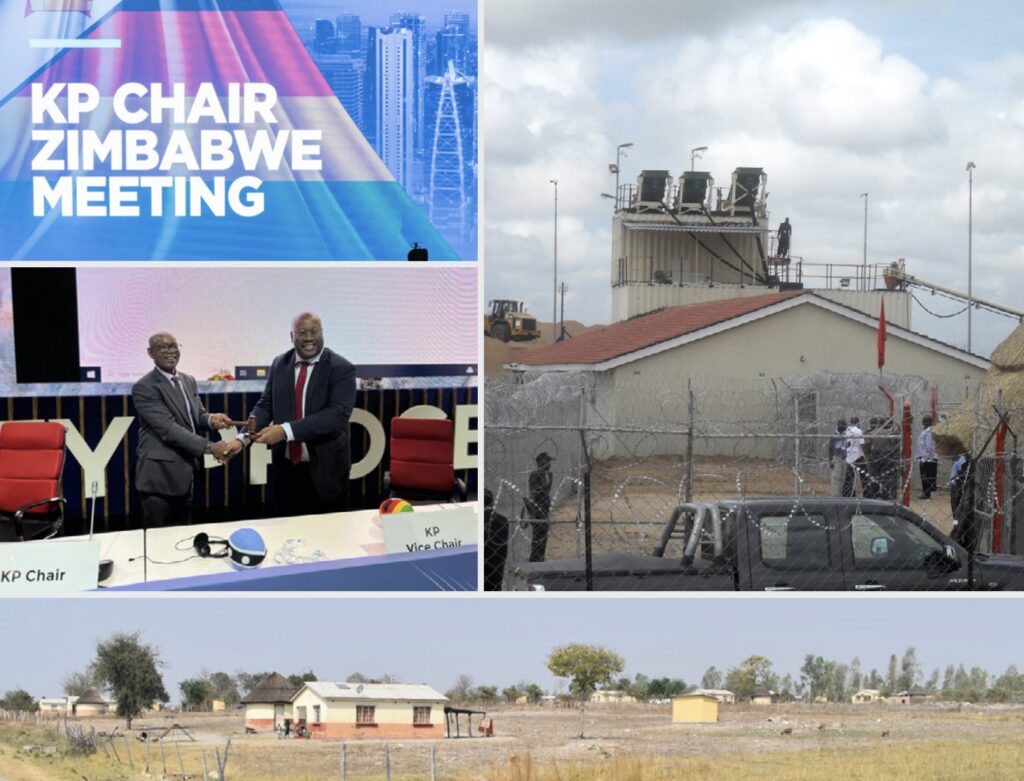
This IPIS Insight provides background and context to Zimbabwe’s current Kimberley Process chairmanship, both historically and in light of whether it might present opportunities for government and corporate actors in the country to exorcise their demons.
Russia’s invasion of Ukraine and arms transfers in the framework of international law
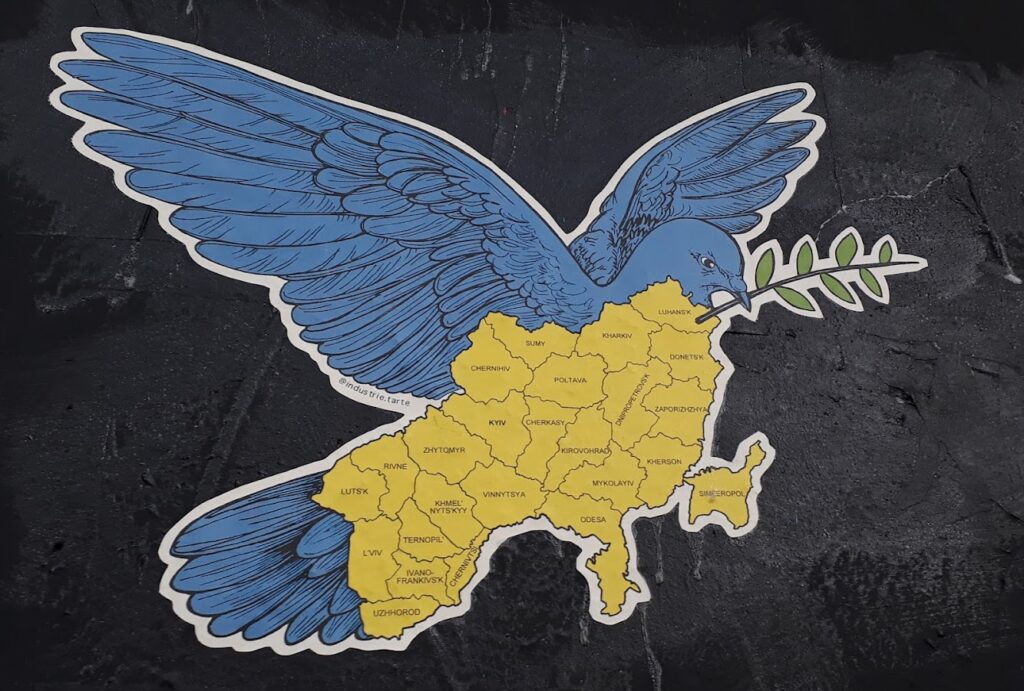
The international crisis and threat to world peace presented by the massive Russian invasion of Ukraine in early 2022 has thrown up difficult questions, not least of which is how the international community can assist the Ukrainian armed forces defend the country’s sovereignty and territorial integrity. In doing so, it is tempting to think of […]
Russian diamonds and the war in Ukraine

In this Insight, IPIS provides background and analysis on several aspects of the Russian diamond sector, what links it has to Russia’s invasion of Ukraine, and how the international business and political community is seeking an adequate response to the challenges this raises. The Russian invasion of Ukraine, that started on 24 February 2022, has led […]
IPIS Insights -The artisanal and small scale mining sector in eastern DRC six months after the Covid-19 outbreak
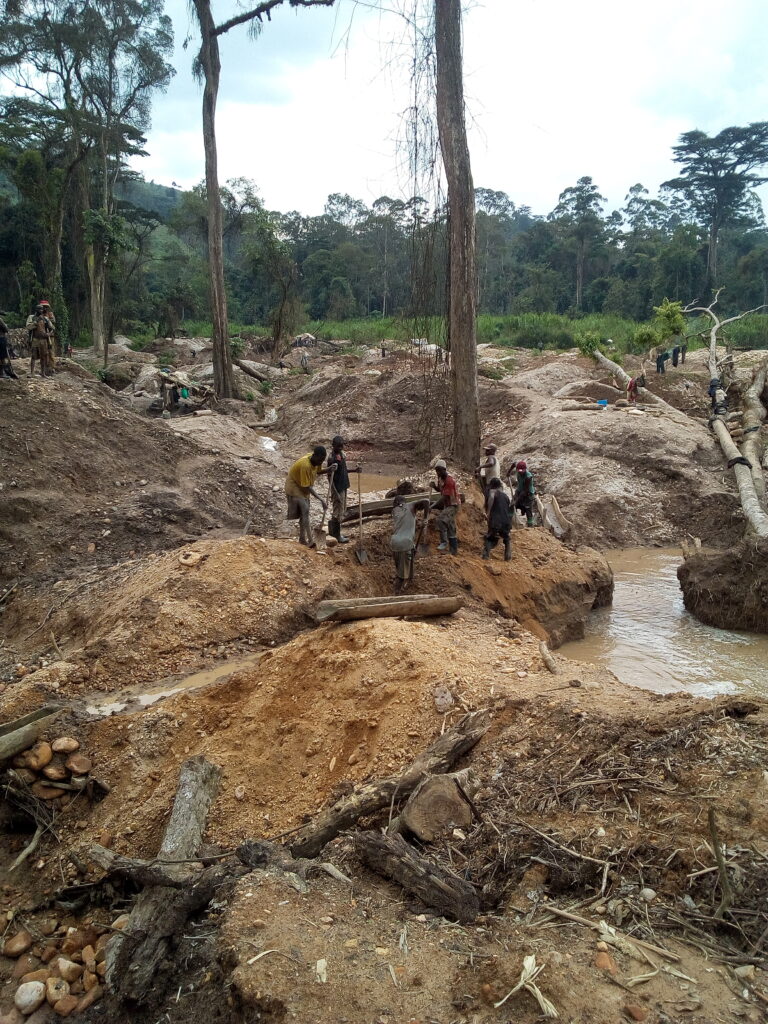
In April 2020, when the Coronavirus spread around the world, IPIS started monitoring the impact of the pandemic on the production and trade of the artisanal and small-scale mining (ASM) sector in eastern Democratic Republic of the Congo (DRC). IPIS published a report in October 2020 that discussed the results of several rounds of consultations […]
The Impact of Covid-19 on artisanal mining in Western Central African Republic
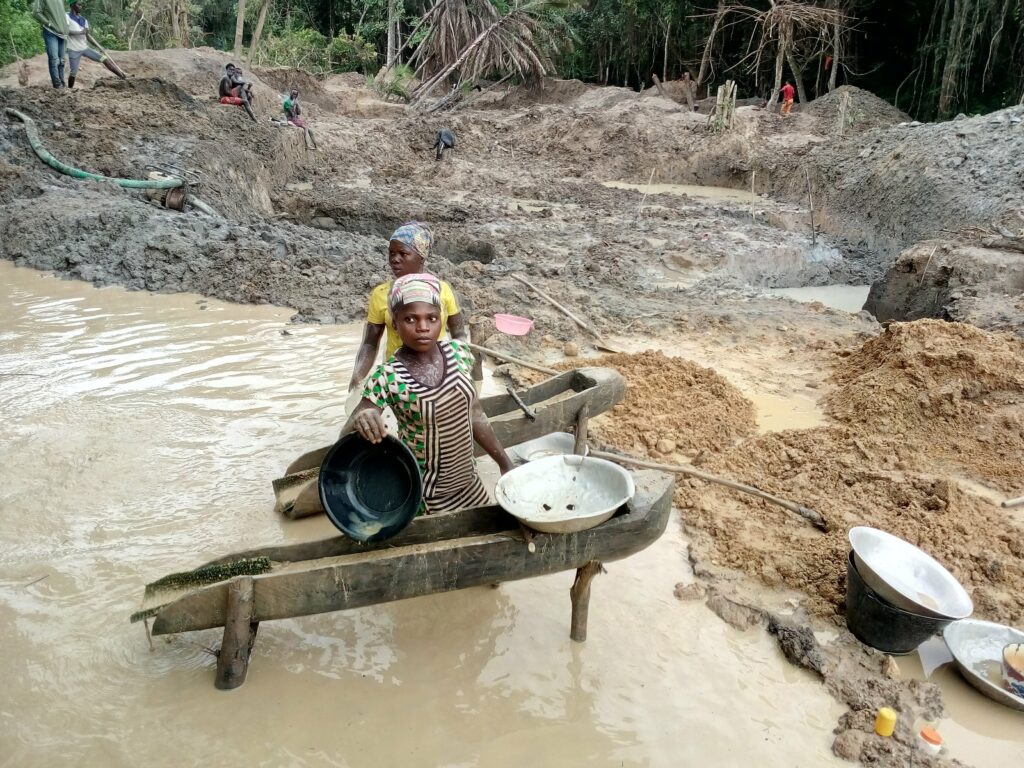
To assess the socio-economic impact of the Covid-19 pandemic on the artisanal and small-scale mining (ASM) sector in Western Central African Republic (CAR), IPIS conducted a series of phone surveys with key informants located on 260 gold and diamond mining sites. The Covid-19 pandemic has been particularly harsh on the artisanal mining sector in Western […]
The impact of Covid-19 on artisanal mining communities in northern Tanzania
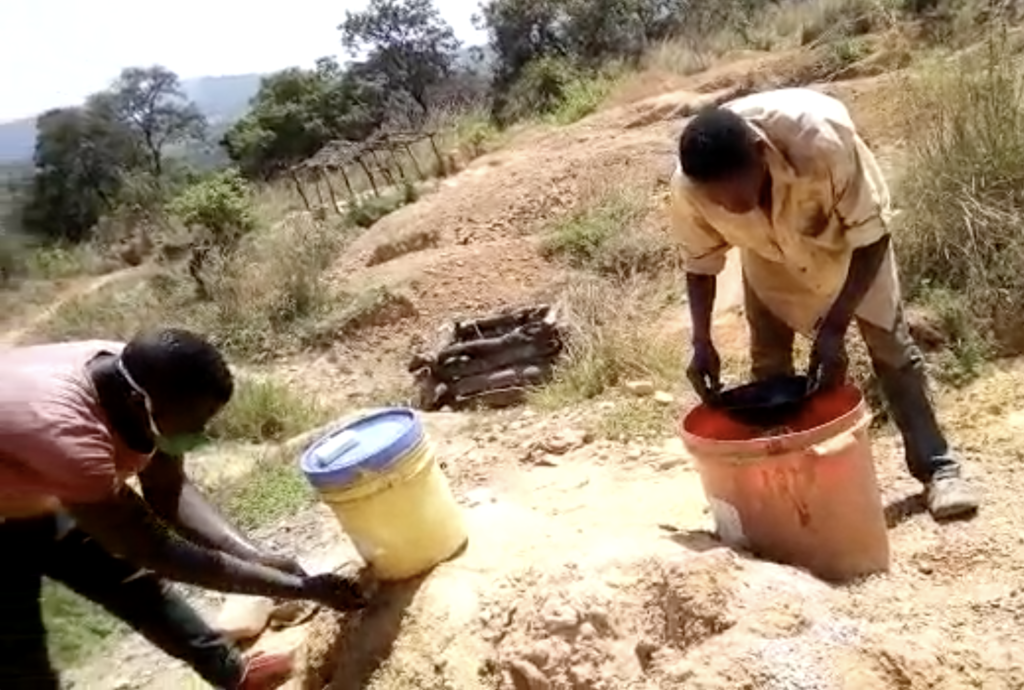
Since the outbreak of the COVID-19 pandemic, IPIS closely monitors the impact of the pandemic on 3T+G mines and national supply chains in Tanzania, the Central African Republic (CAR) and the DR Congo. Through structured quantitative and qualitative data collection, IPIS measures the impact on a large amount of mining sites. IPIS is working through […]
The impact of Covid-19 on Gold and Diamond artisanal mines in Western Central African Republic
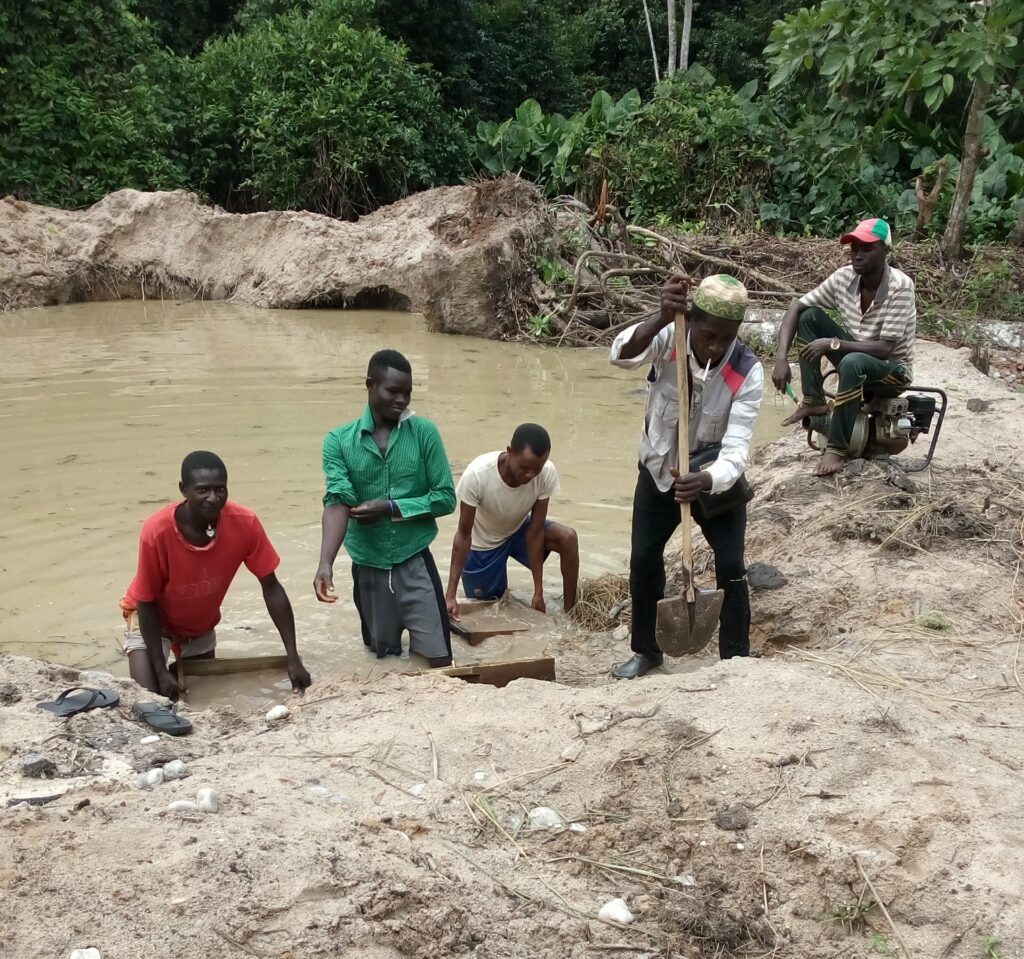
Since the outbreak of the COVID-19 pandemic, IPIS closely monitors the impact of the Covid-19 pandemic on 3T, Gold and Diamond mines and national supply chains in Tanzania, the Central African Republic (CAR) and the DR Congo. Through structured quantitative and qualitative data collection, IPIS measures the impact on a large amount of mining sites. […]
IPIS Insights on Due Diligence in Mineral Sourcing – Regulating Responsible Sourcing of 3TG Minerals
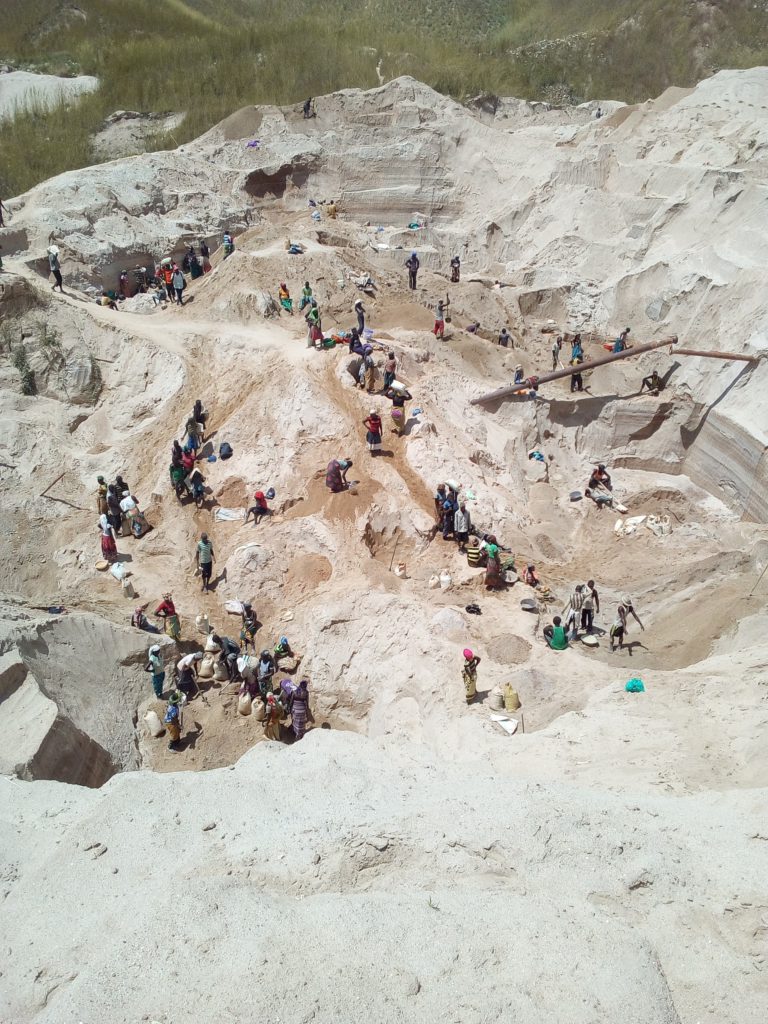
Comparative analysis of Section 1502 of the US Dodd-Frank Act and the EU Conflict Minerals Regulation,
lessons learned and risks for implementation
Business & Human Rights in Tanzania: what’s on the agenda?
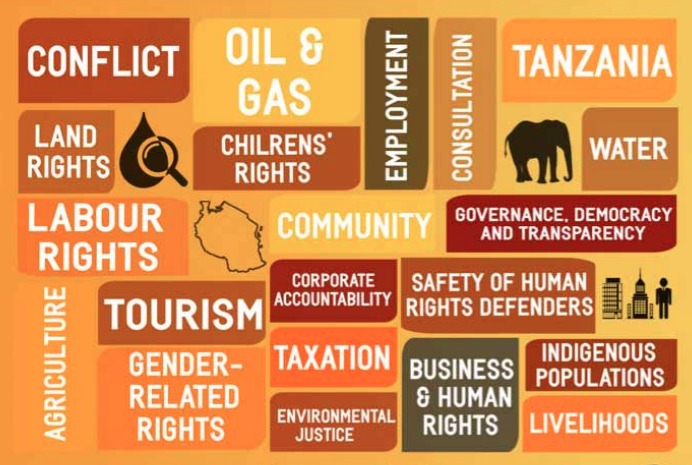
On 18 and 19 August 2014, IPIS organised a workshop on Business and Human Rights in close cooperation with the Tanzanian national human rights institution, the Commission for Human Rights and Good Governance. The workshop, which took place in Dar es Salaam, was designed and facilitated by IPIS researchers, Anna Bulzomi and Gabriella Wass, together […]
IPIS Insights: The Arms Trade Treaty. Prospects and Challenges as it “enters into force”

The entry into force of the Arms Trade Treaty (ATT) on 24 December 2014 is seen as a sign of hope that irresponsible transfers of conventional arms will at last begin to be eradicated. Declarations of commitment by states around the world to implement the ATT have snowballed over the past year since the UN […]
IPIS Insights: Diamonds in the Central African Republic

Since May 2013 the Central African Republic has been suspended from the Kimberly Process (KP) – a measure maintained by the mechanism’s annual plenary in Guangzhou, China, this November. The CAR’s transitional authorities have been seeking at least a partial lifting of this export ban so that the country might benefit from the much needed […]
IPIS Insights: The EU draft law on conflict minerals due diligence: a critical assessment from a business & human rights standpoint

On the 5th of March 2014, the European Commission proposed a responsible trading strategy for minerals from conflict zones. The proposal took place within a specific and timely context. As IPIS has long documented, the exploitation of natural resources can have adverse human rights impacts. Businesses operating in conflict-affected or fragile regions should therefore ascertain […]
IPIS Insights: Pentagon Accidentally Arms Al Qaeda Affiliate

A confidential report to the UN Security Council last week revealed that some of the weapons and ammunition supplied to the Somali Transitional Federal Government (TFG) forces appears to have been diverted to the Al Qaeda affiliate known as Al Shabaab. It seems clear that at least some of the weapons and ammunition so diverted […]
IPIS Insights: The 2nd Annual United Nations Forum on Business and Human Rights, Geneva 2013

From the 2 – 4 December 2013, IPIS attended the United Nations Forum on Business and Human Rights. The Forum was established by the Human Rights Council and is under the guidance of the UN Working Group on Business and Human Rights. Around 1,700 people registered for this year’s Forum, spanning Civil Society Organisations, individuals […]
IPIS Insights: Kimberley Process: observations from the sidelines. Part I

Ten years after the launch of the Kimberley Process Certification Scheme (KPCS) this paper is the first in a two part series providing an overview of where the Kimberley Process and international efforts to combat the trade in conflict diamonds currently stand. It will analyse some of the present challenges facing the system and some […]
IPIS Insights: Why businesses should assess human rights impacts from the outset of projects. SOCO International Oil Company in Virunga National Park, DRC

SOCO International, a British oil company, is prospecting for oil in the Democratic Republic of Congo’s Virunga National Park – a World Heritage Site. For the past year, their presence has been criticised for putting a fragile environment at risk. However, more recently, their impact on human rights has also been questioned. Below, IPIS looks […]

